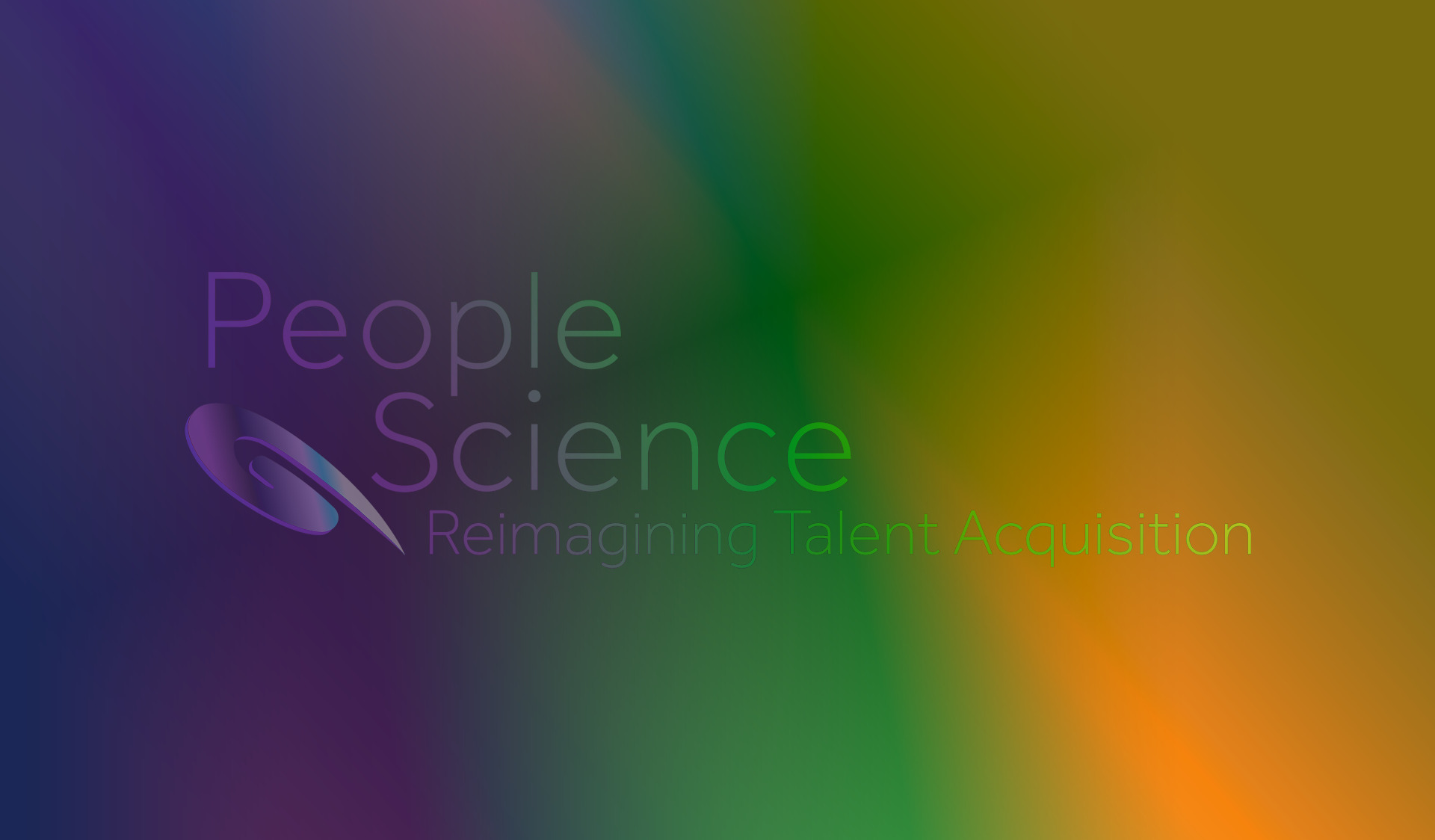Whether a candidate is in a stable position and passively keeping an eye out for their dream job, or are out of work and just seeking steady employment, it is our duty as Talent Advisors to take the time to get to know our candidates.
Interviewing is just one of the many tools available, but there are more ways to measure our potential employees’ skills and motivation. Many factors can come about during an interview that are out of both our control as well as the candidate’s. It is common for candidates to get nervous during interviews and not accurately explain what they want to say in their answer. How many times have you thought of a better answer or great example to share later on after the interview was completed? Interviewees are often asked the same questions on multiple interviews and sometimes give the answer they think that the interviewer wants to hear, they give a canned answer, or they get into “yes” mode. It is a part of our job to dig a little deeper…
What questions to ask?
There are the obvious questions revolving around salary or hourly rates, business hours and the distance they will travel for work, but what next? There are so many factors involved in making the right match.
Cultural fit
Do you thrive in a relaxed atmosphere or a more formal, suit-and-tie environment? Do you prefer a very structured environment or a position which allows you to work more independently and creatively? Do you prefer to work on a large team, or a mid-sized or small one? Are there any industries that interest you or companies you can see yourself working for? What is your ideal workday like?
These are all a good start to getting to know your candidate.
Where do you want to see yourself in 5 years?
Listen to the answer and think, “Is this job going to provide the tools necessary and afford the candidate the relevant experience they need to get to where they want to go in their career?” In addition to pleasing the client, you want to be sure this is a beneficial move for the candidate. Will they be learning a new skill or technology that they will need for their future or providing any other relevant building blocks that will help them succeed in their career? We want to constantly provide “the next step up” and presenting them with the right challenges will allow them to rise to the top.
Assessments:
We all excel at different tasks, and getting the right team in place is crucial. One team member may step up in an area where another is weaker. It is really a great thing that we are all diverse and have different strengths to bring to the table. If we know how to leverage our individual talents on a team, it can be very successful. Another way to measure strengths and weaknesses that many not be able to be measured verbally would be assessments.
Aptitude Tests are a good way to measure critical thinking, problem-solving, and the ability to learn and apply new information. Aptitude tests can help us understand candidates’ ability to learn new skills and get an idea of how long it will take someone to adjust to a new skill or position.
Personality Tests are available to assess behavioral patterns and traits that affect an individual’s workplace and performance. This is important in making sure you match the right candidate with the right team and corporate culture or the right company.
Skills Tests are a great way to measure the basic competencies associated with essential work duties. How comfortable with this skill is the candidate and what level are they; beginner, advanced or intermediate? If a particular skill is a primary function of the job and not just a nice-to-have, it is important to know this information.
What duties do you like best? What do you like to do most? These questions are helpful at understanding how this candidate will be on a team and on the job. Placing a candidate into a role where most of their day-to-day duties are not ones they enjoy would be doing a disservice to not only the candidate, but the client as well. Our goal is to fill positions with satisfied, productive employees who are content with all their job has to offer.
Strengths and Weaknesses? I not only want to know what the strengths and weaknesses are but which strengths are they most proud of and why? Knowing the attributes they are most proud us gives us an idea of what kind of person they are. It may give us insight as to what type of position or what kind of team they may be the best fit for.
“What do you feel your weaknesses are and which would you would like to remedy and why?” This helps us understand not just what they could change, but what they desire to change. This may provide a bigger picture on what they prefer to be doing as they grow in their career.
These questions may open the door to the candidate giving great examples on their work history, help break the ice and allow the interviewer to dig a little deeper into how the candidate views themselves.
It is up to the Recruiter to deliver the talent desired by the client. This is done by finding the most qualified prospects that fit best into that particular work environment. If you dig deep, you can provide a mutually beneficial relationship; a satisfied client and the best candidate for the job who will thrive in it.
By Laurie Zieman | People Science Sr. Talent Advisor
